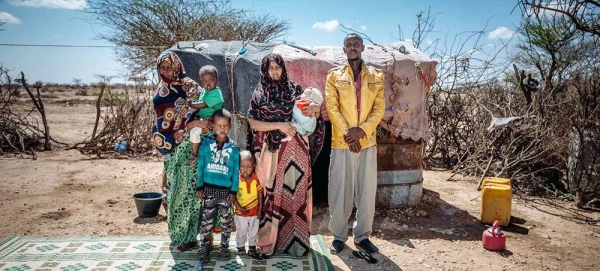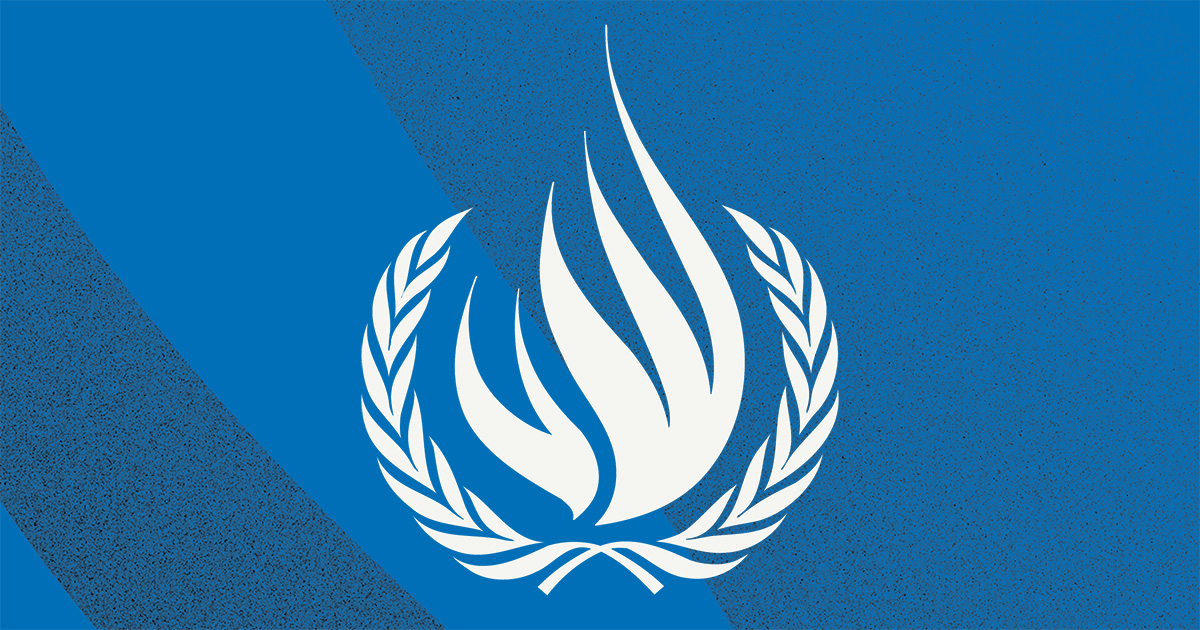
GENEVA (17 September 2021) – Governments could boost their own economies and save more than 80 million people from the threat of modern slavery if they granted the world’s forcibly displaced people the right to work, a UN expert told the Human Rights Council today.
“Almost one percent of the world’s population, some 82.4 million people, have been forced to flee war, violence, conflict or persecution, and find safety either abroad or within their own countries,” said Tomoya Obokata, UN Special Rapporteur on contemporary forms of slavery, as he presented a report on the link between displacement and contemporary forms of slavery.
“These refugees, asylum-seekers and internally displaced people are especially vulnerable to contemporary forms of slavery because they often face poverty, discrimination, unemployment, job insecurity and limited access to basic services in their new communities,” he said. Displaced children and stateless people face even greater risks, he added.
If they are not allowed to work, displaced people may be dependent on humanitarian and development assistance, but also can be pushed into forced or bonded labour if they feel they have no alternative, Obokata said.
“It is in the interest of host communities and States to include displaced people in the labour market,” he said. “If they are able to support themselves, they can also contribute to the local economy.
“Some States have made progress in ensuring that displaced persons have opportunities to support themselves, but more needs to be done to break the vicious cycle between displacement and contemporary forms of slavery,” Obokata said.
ENDS
Mr. Tomoya OBOKATA(Japan) has been the Special Rapporteur on contemporary forms of slavery, including its causes and consequences since May 2020. He is a scholar of international law and human rights specialising in transnational organised crime, human trafficking and modern slavery. He currently serves as Professor of International Law and Human Rights at Keele University, and previously taught at Queen"s University Belfast and Dundee University, all in the UK. He has published widely on transnational crime, human trafficking and modern slavery.
The Special Rapporteurs are part of what is known as the Special Procedures of the Human Rights Council. Special Procedures, the largest body of independent experts in the UN Human Rights system, is the general name of the Council’s independent fact-finding and monitoring mechanisms that address either specific country situations or thematic issues in all parts of the world. Special Procedures experts work on a voluntary basis; they are not UN staff and do not receive a salary for their work. They are independent from any government or organization and serve in their individual capacity.
For more information and media requests, please contact Satya Jennings (+41 22 917 9772 / satya.jennings@un.org or write to OHCHR-srslavery@un.org
For media inquiries related to other UN independent experts, please contact Jeremy Laurence (+ 41 22 917 7578 / jeremy.laurence@un.org)
Follow news related to the UN’s independent human rights experts on Twitter: @UN_SPExperts.







